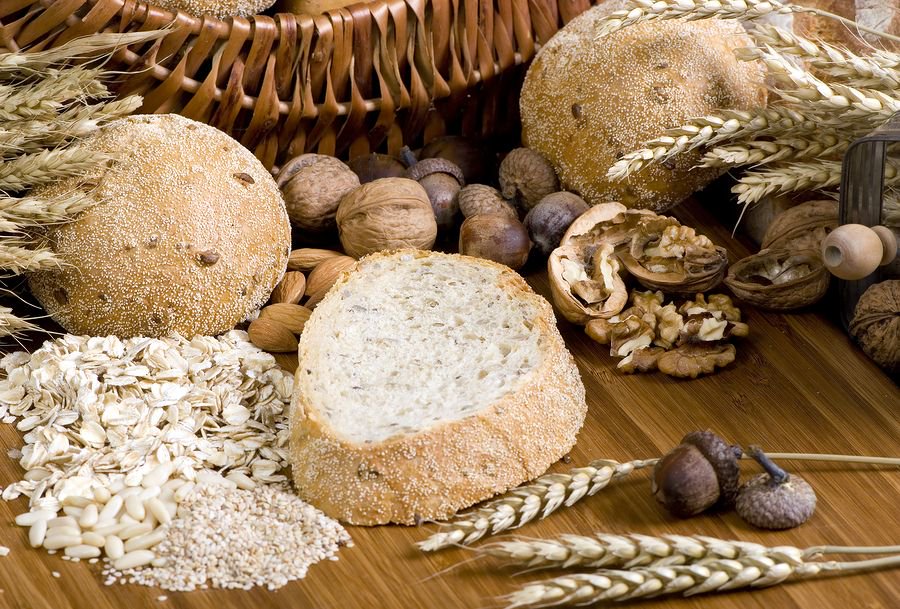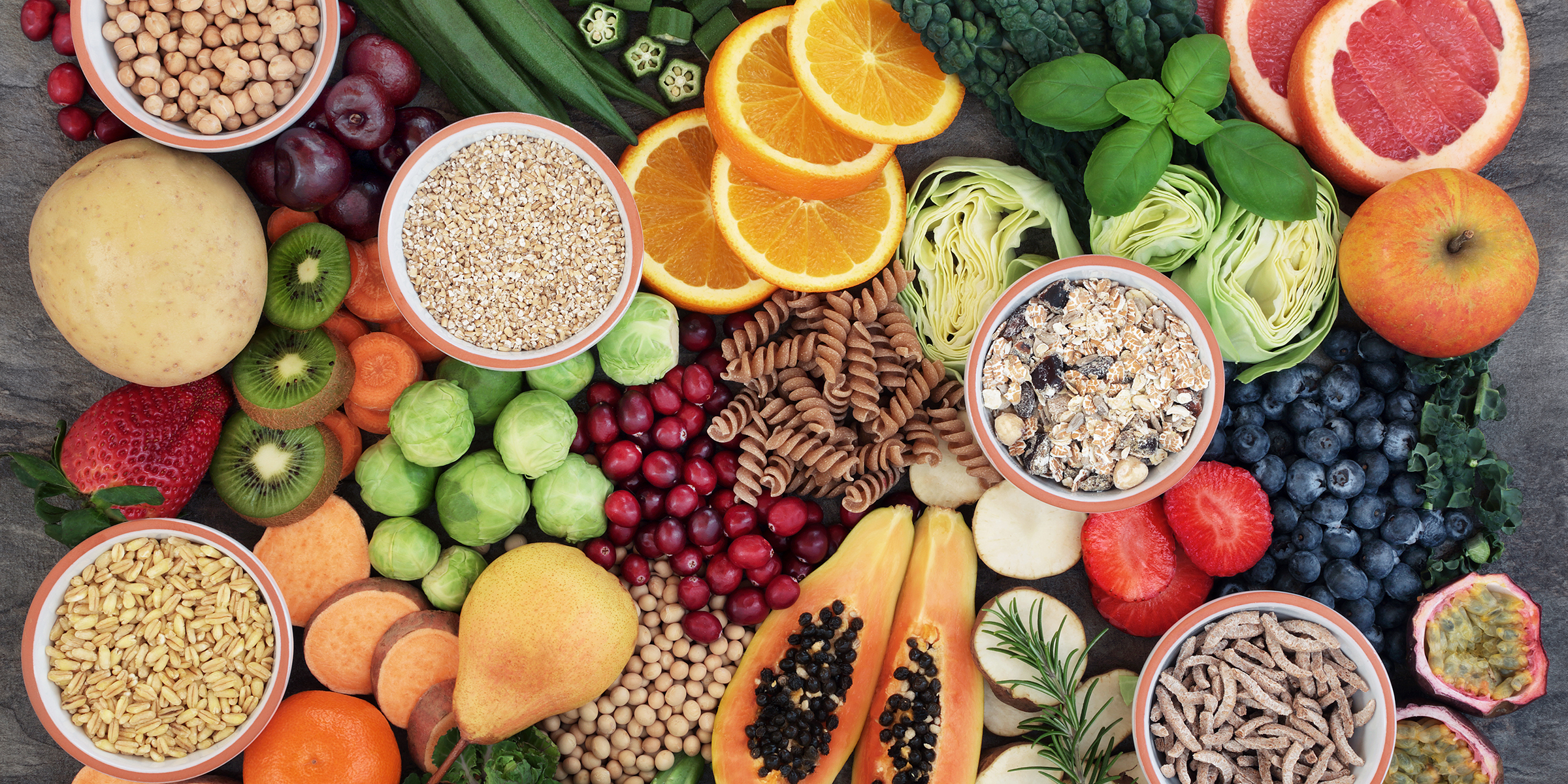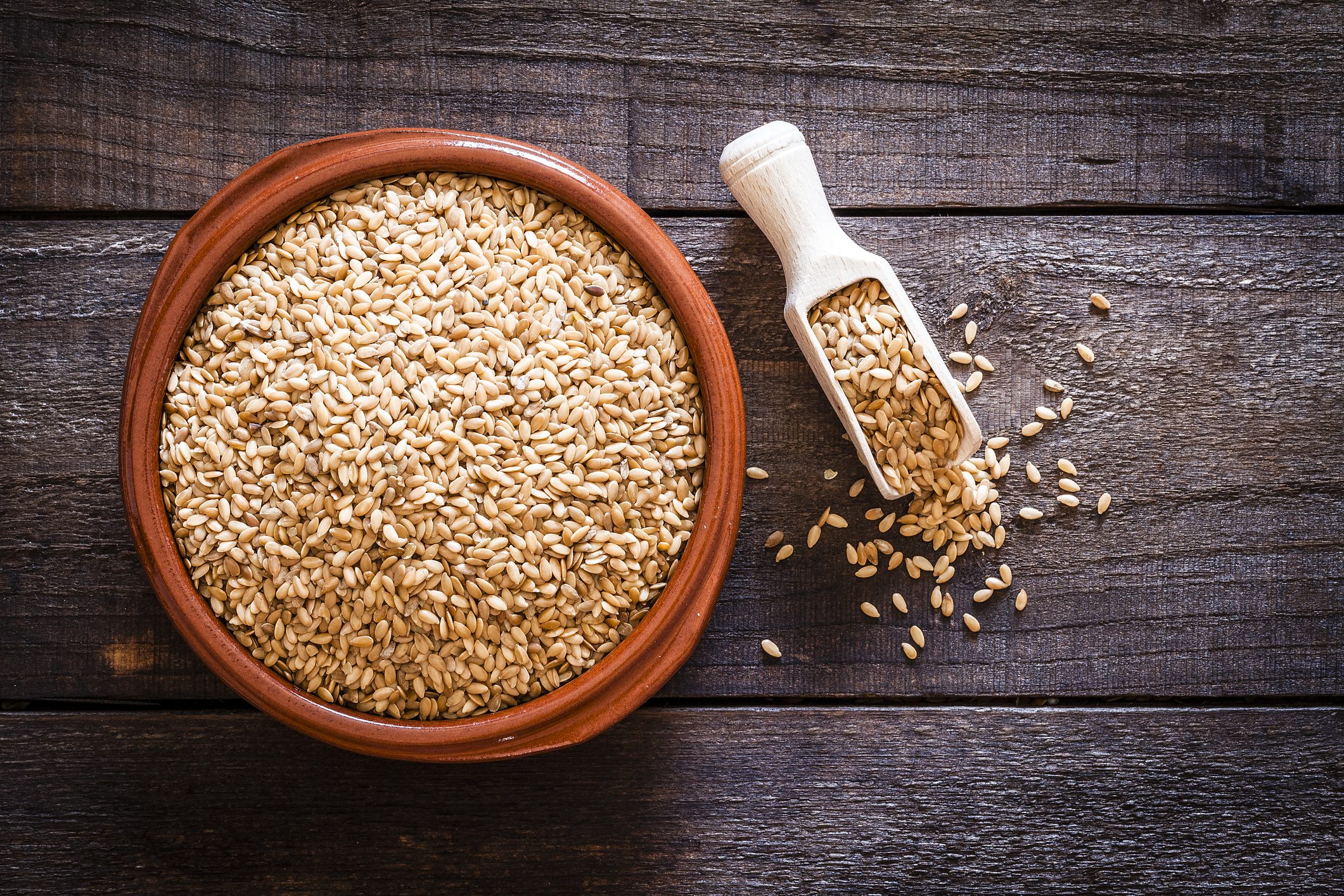Maintaining a varied diet with sufficient fiber is crucial for a healthy body. Yet, less than 10% of Americans meet the recommended daily fiber intake. Wondering if you’re getting enough? Look out for these subtle signs that you might need to boost your fiber consumption.
Constant Hunger After Meals
If you often feel hungry soon after eating, you might not be getting enough fiber. Fiber helps you feel full longer by slowing digestion, allowing you to absorb nutrients more effectively. It also assists in maintaining steady blood sugar levels, reducing appetite. Studies show that fiber can help control weight by keeping you satisfied and energized.
 Constipation and Irregularity
Constipation and Irregularity
A lack of fiber can lead to constipation, impacting intestinal health. High-fiber diets are often recommended as a natural remedy. Soluble fiber absorbs water for smoother bowel movements, while insoluble fiber adds bulk. Both types of fiber work together to promote regularity and ease constipation.
High Cholesterol
Fiber has a strong link to lower cholesterol. Consuming at least 25 grams of fiber daily can help reduce cholesterol levels by binding it in the digestive system. Particularly powerful is soluble fiber found in fruits, beans, and grains.
Low Energy Levels
Feeling tired or sluggish? A low-fiber diet could be the cause. While fiber doesn’t directly produce energy, it helps regulate it. Eating fiber-rich foods, especially in the morning, can provide steady energy throughout the day.
Digestive Pain
Low fiber intake can lead to diverticulitis, where painful pockets form in the gut. Increasing insoluble fiber can reduce the risk and alleviate digestive discomfort by supporting a healthy gut microbiome.
Blood Sugar Swings
For those with diabetes, fiber can help manage blood sugar levels by slowing sugar absorption. Think of fiber as a net that moderates sugar release into the bloodstream, helping prevent type 2 diabetes.
Afternoon Energy Slumps
Experiencing an energy crash around 2 PM? It may be time to increase your fiber intake. A balanced diet with fiber-filled meals, especially at lunch, can sustain energy and prevent crashes. Eating diverse fruits and veggies ensures you get other essential nutrients too.
Stay mindful of your fiber intake and listen to your body’s signals. A small dietary change can make a big difference in your overall health.


















